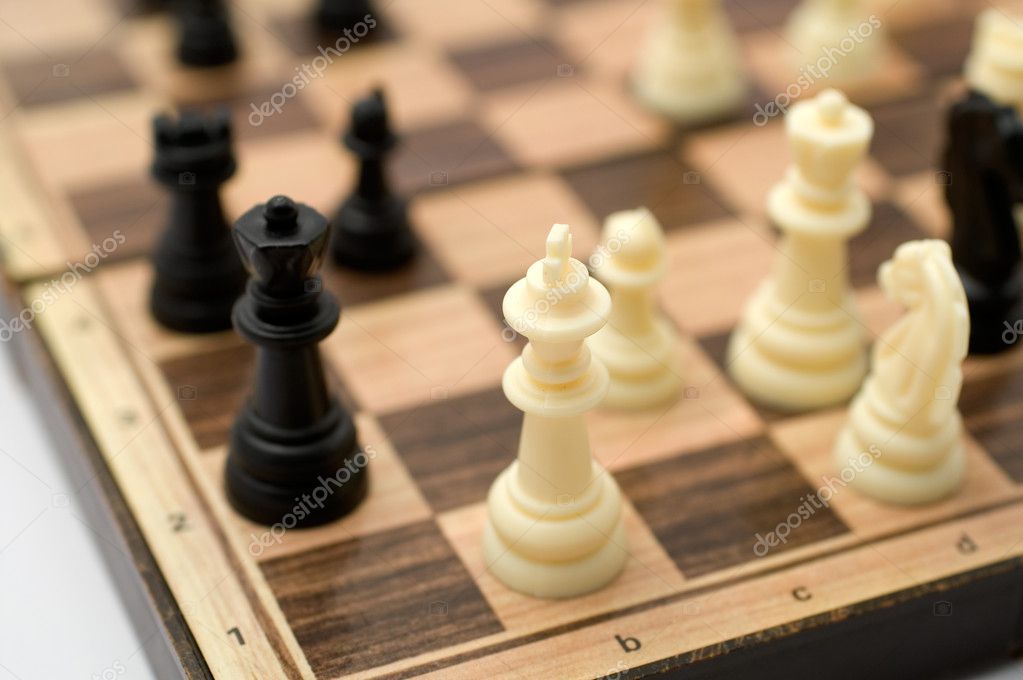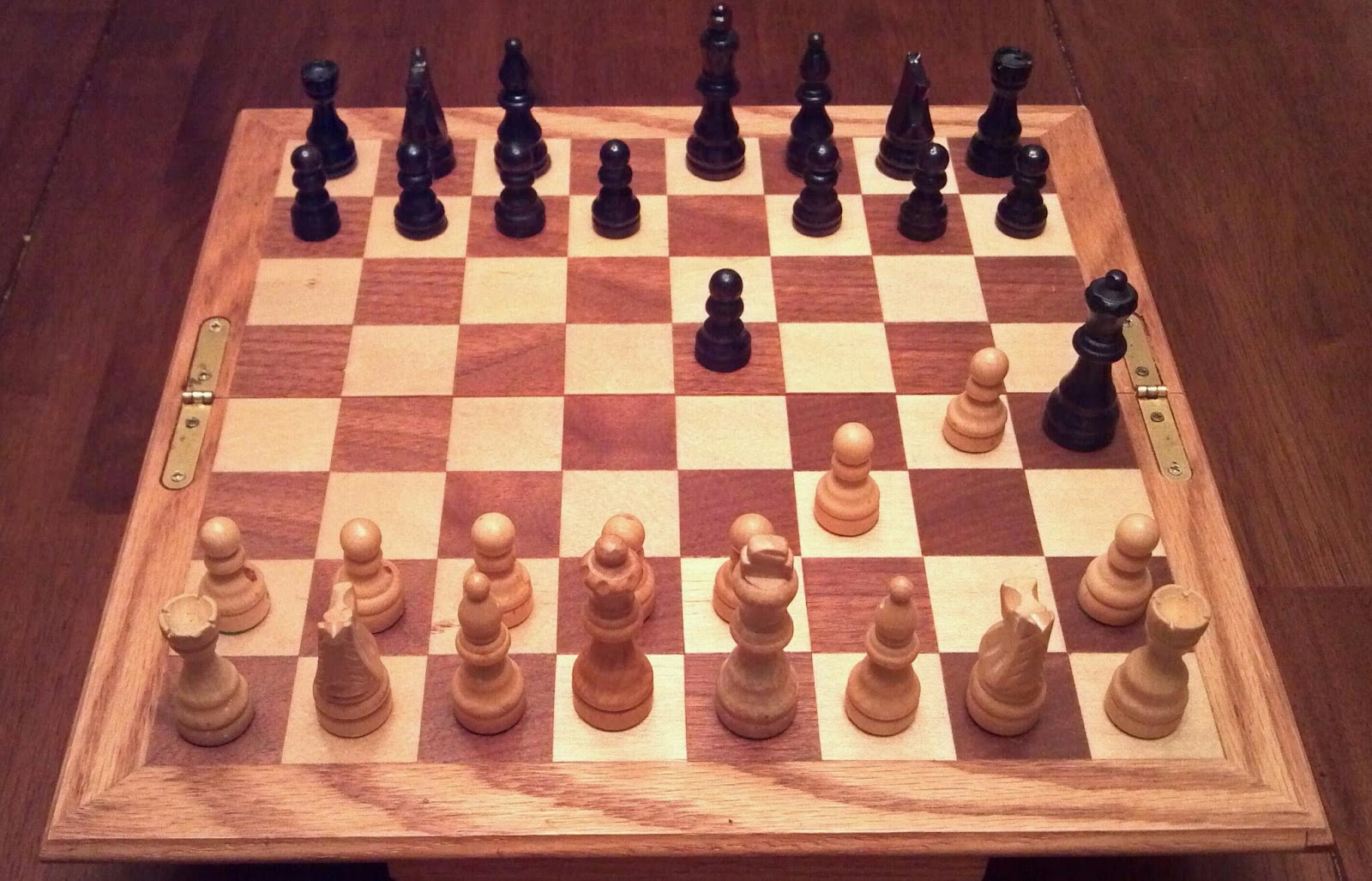

That leaves the rook free to move along the b-file and the knight able to come across the board. In this example, we’ll look at what happens when your side (in this case white) puts its queen in front of the bishop.
CHESS CHECKMATE FUNNY HOW TO
The best way to understand how to checkmak eis through analysis of examples. In chess, there are two types of positions that can lead to this outcome: either a direct attack on the king or blocking an escape route with your own pieces.īy using these strategies, your enemy team will run out of moves and be forced to give up the game. This is known as a total loss of position for your opponent. The most basic way to win is by making their king totally unable to defend or retreat. How do you checkmate your opponent in chess? Your opponent can stop this by moving their king into range of the rook, or by capturing the rook with a piece. A rook pawn goes one step forward, so instead of being a queen or knight, it becomes a rook!Ī rook pawn that moves two squares forwards will take out your king. The other checkmating move is what’s called a rook pawn. So if you ever see this happening during a game, try to imagine the pieces laying down and getting comfortable. The term ‘check’ comes from the French word couche which means cushion or bed. This occurs when a player gives up a part of his/her army for the other side to grab and take over.Ĭhecks like these occur very rarely but can make a big difference in how well your chess game functions.

We would all gain far more by posting and annotating our losses.A rook sacrifice is another example of a check-mated position. At our level, our wins our generally unimpressive and uninteresting because they are usually given to us by our opponents. But i get especially irked reading the annotations of someone who won congratulating themselves on their every move. We all like to pat ourselves on the back.

But it slightly irritates me that everyone (myself included) feels the need to post wins more than losses. " It's always nice to recieve such polite and totally unagressive/passive agressive comments from people like you." not that it mattered in the game of course. For instance if you'd had more time you might have noticed that 5.Ne2 or 5.Be3 kept your kingside in tact.

Your games can easily be seen by anyone, this was a 1 minute game - which goes some way to explaining the amount of blunders. "Also, how would you know what the time controls were? For all you know, it was an hour each." You are left with a broken kingside and an advanced pawn you will not be able to maintain. Meanwhile your rook is hanging, so your next move must be 7.Bf3. " Not only would that move have had absolutely nothing to do with my pawn"īy playing 6.Nd7 black both prevents checkmate and saves his knight. It's always nice to recieve such polite and totally unagressive/passive agressive comments from people like you. Also, how would you know what the time controls were? For all you know, it was an hour each. Yes, EVERYONE can be that single-minded at times, even you, I'm sure.Ģ) Not only would that move have had absolutely nothing to do with my pawn, which, if you fact-checked before you posted, was what I labled my best move, but I am perfectly aware that any and all of my moves except the first and last could have been parried.ģ) My opponent chose all the game conditions. I just thought it was an amusing game, with a result I could not believe worked. If it was, I would not have ommitted their name. Especially considering your opponents could do just the same to you with most of your games.Ģ) The threat of checkmate provided by the 'best move' of your game could have been parried with 6.Nd7ģ) Perhaps you should consider longer time controls.ġ) My intention was not to laugh at my opponent. 1) It's not very endearing to post a game with the sole purpose of having a communal laugh at your opponent's unfortunate choice of moves.


 0 kommentar(er)
0 kommentar(er)
